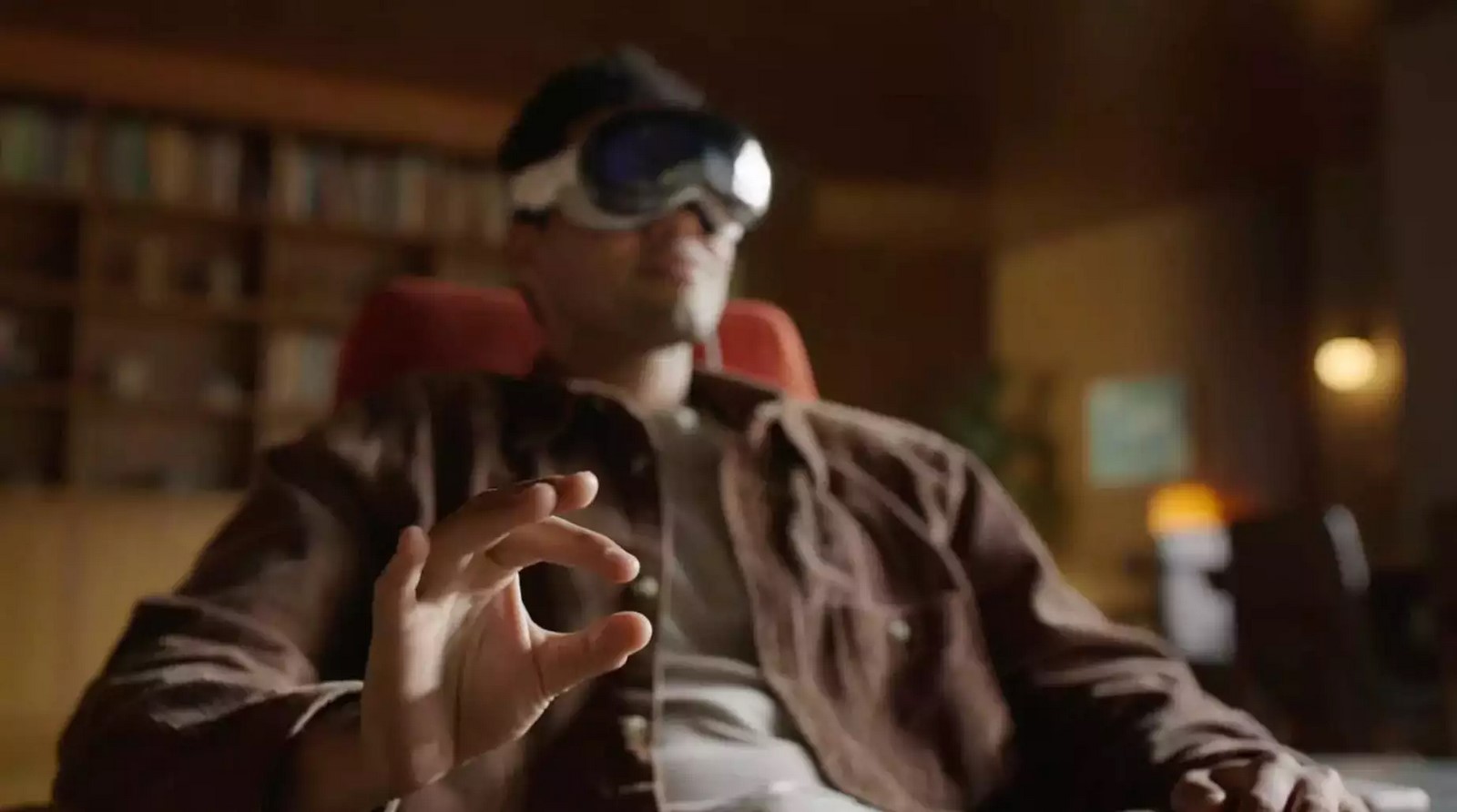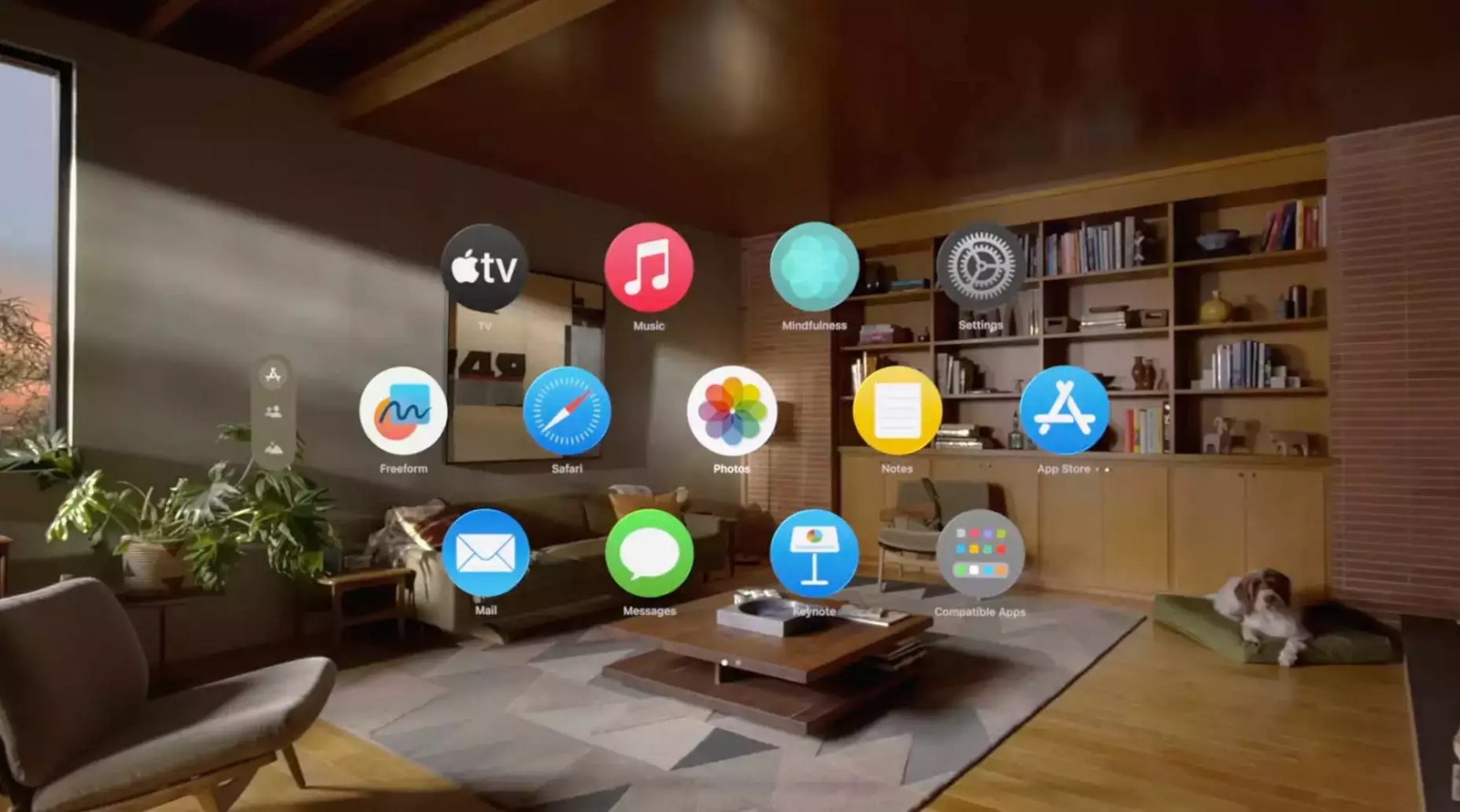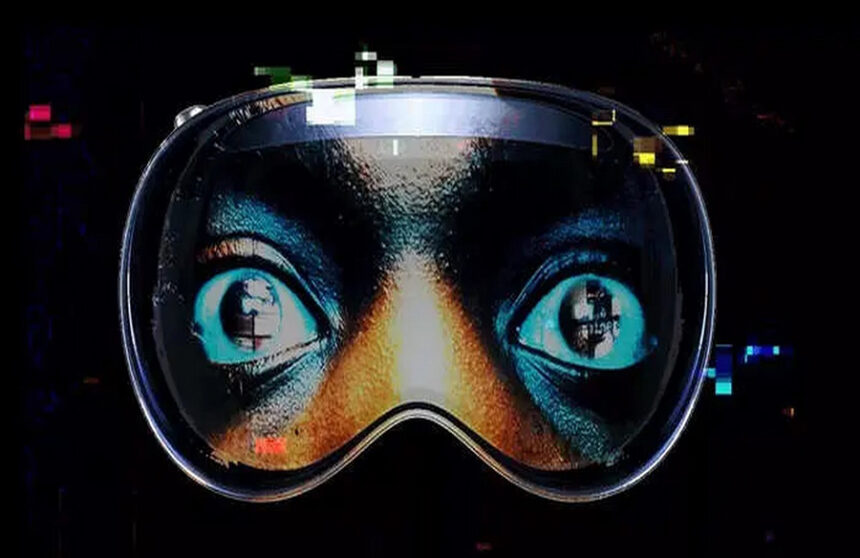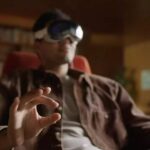The recent release of the Apple Vision Pro headset has garnered praise from the tech community for its innovative features and immersive experience. However, beneath the excitement lies a growing concern about the potential implications of prolonged use of such advanced virtual reality (VR) technology on the human brain.
Uncharted Territory in Gadget Frontier
While the Vision Pro impresses with its design and cutting-edge features, including precise video and sound quality and a futuristic gestural interface, its purpose remains somewhat ambiguous. Despite its capabilities, questions linger regarding its practicality and whether consumers are willing to invest $3,500 in this new gadget. Nevertheless, the Vision Pro represents a new frontier in gadgetry, offering a glimpse into the potential future of immersive technology.

The Perils of Prolonged VR Immersion
Central to the concerns surrounding devices like the Vision Pro is the concept of “passthrough” video, employed by both Apple and Meta in their respective headsets. This technology captures real-world imagery and recreates it within the device, blurring the lines between reality and virtuality. While this immersive experience may seem enticing, researchers caution against the potential long-term effects on the human brain.
Rewiring Perception: The Brain’s Response to VR
Studies suggest that extended exposure to VR environments can alter the brain’s perception of reality, leading to a host of cognitive challenges. Users may experience difficulty judging distances accurately, leading to issues both in virtual and real-world settings. Moreover, object distortion and simulator sickness are common side effects, further complicating users’ interactions with their surroundings.

The Social Impact of Passthrough Video
One of the unique aspects of passthrough video is its potential impact on social interactions. Researchers warn that prolonged use of headsets equipped with this technology could lead to a sense of social absence, as users perceive others as avatars rather than real individuals. This phenomenon may exacerbate existing social divides and make it challenging to establish common ground in shared physical spaces.
Ethical Considerations and Future Research
As VR technology continues to advance, ethical considerations surrounding its use become increasingly pressing. The ability to manipulate reality through passthrough video raises concerns about privacy, consent, and the potential for societal harm. Researchers like Jeremy Bailenson advocate for urgent investigation into the effects of these technologies to inform responsible development and usage practices.
Conclusion: Proceed with Caution
While the Vision Pro and similar devices offer exciting possibilities for immersive experiences, users should approach them with caution. Prolonged exposure to VR environments may have unintended consequences for brain perception and social dynamics. As the technology evolves, it is essential to prioritize research and ethical considerations to ensure that VR enhances rather than detracts from human well-being.





Leave a Reply